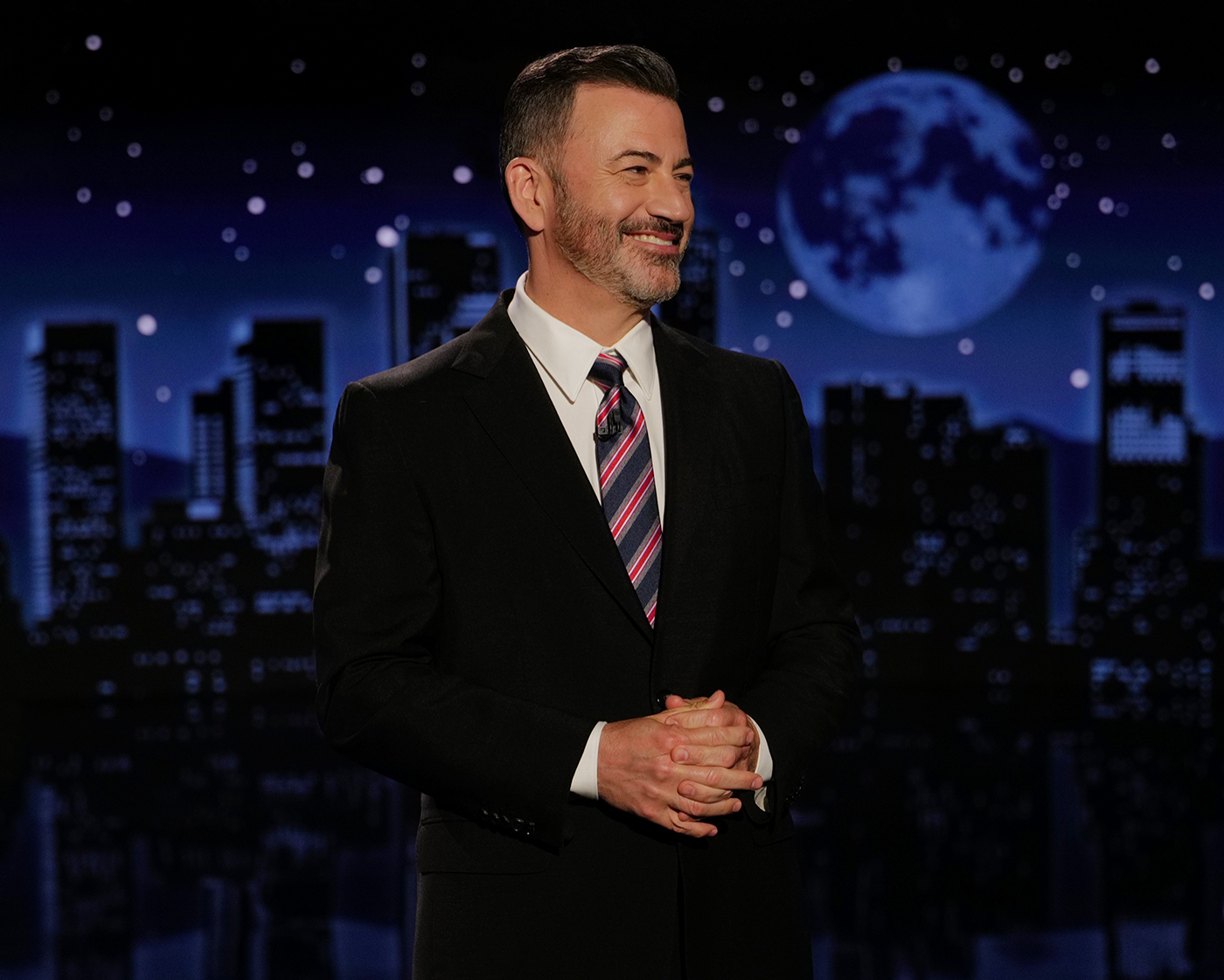Jimmy Kimmel’s triumphant return to ABC on Tuesday night marked more than just the resumption of a late-night talk show; it served as a potent, albeit imperfect, symbol in the ongoing battle over free speech and political discourse in the United States. His week-long suspension, prompted by comments he made regarding the reaction of some MAGA supporters to the death of conservative activist Charlie Kirk, ignited a firestorm of debate surrounding censorship and the influence of political pressure on media outlets.
The Pressure Cooker: Nexstar, Sinclair, and the FCC
The initial decision by Disney, ABC’s parent company, to temporarily pull Kimmel’s show stemmed from pressure exerted by two major television station groups, Nexstar and Sinclair Broadcast Group. Both groups, particularly Sinclair, known for its conservative leanings, declared they would refuse to air Kimmel’s show following his controversial remarks. The looming threat of these influential broadcasters pulling the plug, combined with subtle pressure from the Trump administration and whispers of potential FCC involvement, played a significant role in Disney’s initial decision. This incident highlighted the precarious balance between freedom of expression and the economic realities faced by media corporations navigating a highly polarized political landscape. The implied threat of regulatory action from the FCC, although never explicitly stated, added another layer of complexity to the situation.
A Pyrrhic Victory? The Limits of Celebrity Resistance
While Kimmel’s return is undeniably a win for free speech advocates, it’s a victory with caveats. The fact that the show’s return was not universally embraced by all ABC affiliates underscores a crucial point: the fight for free expression is not always a clear-cut win. The suspension, even temporary, created a chilling effect, demonstrating how easily political pressure can influence programming decisions. The episode raises concerns about the vulnerability of independent voices in the media ecosystem, even those with a significant platform like Kimmel. The fact that some stations chose not to air the show indicates a fragmented media landscape where ideological divides are reflected in programming decisions. This raises the question of whether the return is a genuine victory for free speech, or a negotiated compromise that ultimately limits the reach and impact of dissenting voices.
Looking Ahead: The Ongoing Battle for Media Independence
Kimmel’s case serves as a stark reminder of the ongoing challenges faced by media outlets attempting to navigate the turbulent waters of contemporary political discourse. The incident highlights the need for robust protections for free speech and the importance of media outlets resisting undue pressure from political actors, regardless of their ideological leanings. The episode is a case study in the power dynamics at play in the media industry and the potential for even established figures to face censorship, however temporary, when their viewpoints clash with powerful interests. The long-term implications of this incident remain to be seen, but it certainly underscores the ongoing fight for a truly free and independent press.
SOURCE INFORMATION:
TITLE: Jimmy Kimmel’s return showed the potential — and limits — of celebrity resistance
DESCRIPTION: Our great national censorship nightmare is over — but only for about three-quarters of the ABC stations in America. Jimmy Kimmel was back on the air Tuesday night after Disney, the parent company of ABC, reversed its decision last week to suspend his talk show over comments he made about MAGA supporters’ response to the […]
SOURCE: Vox
Based on materials: Vox





